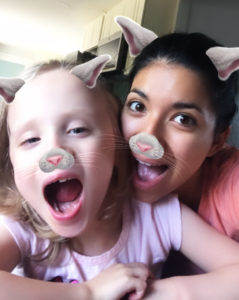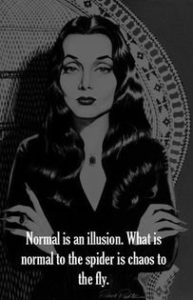April is neuro-diversity advocacy month. GA would like to highlight the gorgeous connections our au pairs and their children with a neuro-diversity/special need make while members of our exchange program. As we all learn more about the world of autism and ADHD advocacy, we recognize new terminology, new symbols, and a new way to support all those within our community.
Estrella from Mexico writes, “I am a Special Education teacher in Mexico, so when I came here I put in practice all my knowledge with my host child who has autism and cerebral palsy. We have a great connection, we have a lot of fun together and we teach each other. I have improved my English and they learn Spanish from me. I’m happy to spend time with my host kid. We play and laugh a lot. We love each other! :)”
ARTICLES about ADHD:
- From the US CDC: https://www.cdc.gov/ncbddd/adhd/facts.html
- Understanding the Spectrum: https://the-art-of-autism.com/understanding-the-spectrum-a-comic-strip-explanation/
- ADHD Alien: http://adhd-alien.com/
BOOKS more about the female autistic experience:
- “Twirling Naked in the Streets and No One Noticed: Growing Up With Undiagnosed Autism” – Jeannie Davide-Rivera
- “Autism in Heels: The Untold Story of a Female Life on the Spectrum” – Jennifer Cook O’Toole
- “Nerdy, Shy, and Socially Inappropriate: A User Guide to an Asperger Life” – Cynthia Kim
MOVIES (Adult themes and adult language, so not be suitable for younger viewers.):
- “Douglas”
- “Margarita with a Straw”
- “Julie and Julia”
- “Juno”
- “As We See It” (video series)
As with all diversity, it’s important for everyone to come to understand from a place of empathy. One from the neuro-diverse community shares, “too long people on the spectrum have been misrepresented by their well-intentioned advocates (family members, therapists). As of today, the biggest controversy is the application of ABA therapy. The neurodivergent person should not be made to become more “convenient” in society, but ‘quirks’ and ‘stims’ should be valued and appreciated. It’s great that neuro-divergent characters are being incorporated into mainstream shows, and not as comic reliefs, but members of the ensemble cast.”


